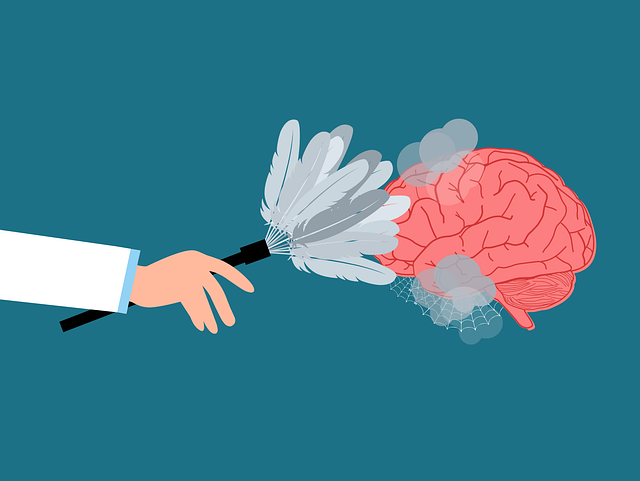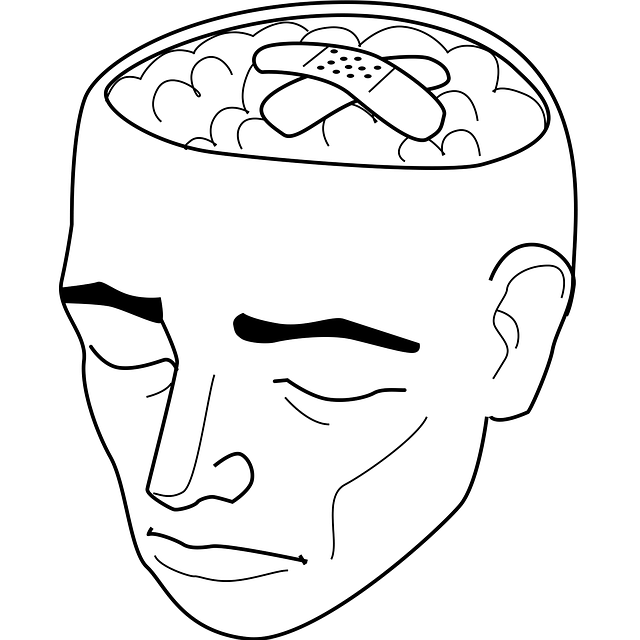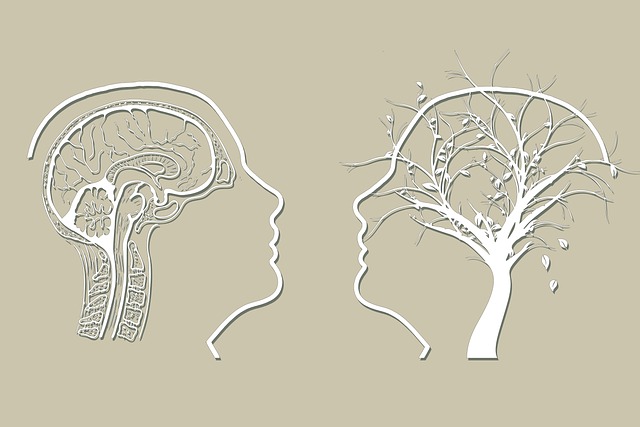Lone Tree Self-Esteem Therapy offers a unique, crisis-intervention approach that focuses on building and strengthening self-esteem as a foundation for mental wellness. Recognizing low self-esteem as a root cause of many crises, from trauma to everyday confidence issues, this therapy provides powerful tools for navigating challenging situations. By encouraging clients to challenge negative thoughts, embrace strengths, and develop a positive sense of self, Lone Tree Self-Esteem Therapy aids in crisis resolution and equips individuals with effective coping mechanisms for future challenges. This approach, combined with risk management planning and self-awareness exercises, enhances trauma support services and promotes robust self-care routines.
In times of crisis, effective guidance is crucial. This article explores powerful strategies, focusing on the unique Lone Tree Self-Esteem Therapy approach, designed to provide immediate support. We’ll delve into identifying red flags, signs that someone needs urgent assistance. By understanding these cues, we can offer practical strategies for successful crisis intervention, empowering individuals and fostering resilience. Discover how Lone Tree Self-Esteem Therapy revolutionizes guidance, promoting healing and well-being during challenging times.
- Understanding Lone Tree Self-Esteem Therapy: A Unique Approach to Crisis Intervention
- Identifying Red Flags: Recognizing When Someone Needs Immediate Assistance
- Practical Strategies for Effective Crisis Intervention Guidance
Understanding Lone Tree Self-Esteem Therapy: A Unique Approach to Crisis Intervention

Lone Tree Self-Esteem Therapy offers a unique and innovative approach to crisis intervention, focusing on empowering individuals to build and strengthen their self-esteem as a cornerstone for mental wellness. This therapy recognizes that self-esteem is often at the heart of many crises, whether it’s an individual grappling with trauma or simply lacking confidence in daily life. By targeting this fundamental aspect, the therapy provides a powerful tool for navigating and overcoming challenging situations.
The approach emphasizes the importance of helping clients develop a positive sense of self, encouraging them to challenge negative thoughts and beliefs that can hinder their well-being. Through tailored techniques and activities, individuals are guided to embrace their strengths and accomplishments, fostering a healthier relationship with themselves. This process not only aids in crisis resolution but also equips individuals with effective coping mechanisms for future challenges, thereby enhancing overall trauma support services and promoting the development of a robust self-care routine for better mental health.
Identifying Red Flags: Recognizing When Someone Needs Immediate Assistance

Recognizing when someone needs immediate assistance is a critical step in crisis intervention. Professionals like Lone Tree Self-Esteem Therapy experts are trained to identify subtle and overt signs, or red flags, that indicate a person may be experiencing a mental health crisis. These can include sudden changes in behavior, extreme emotional shifts, or even isolated comments hinting at despair or self-harm. For instance, if an individual expresses feelings of hopelessness, exhibits self-destructive behaviors, or talks about ending their life, these are clear indicators that professional help is required immediately.
The ability to spot these red flags can be enhanced through mental wellness coaching programs and development strategies focused on building empathy. These initiatives not only equip individuals with the skills to recognize distress but also foster environments conducive to open conversations about mental health. By promoting anxiety relief and empathy-building, communities can create a safety net that supports those in crisis, ensuring timely access to appropriate interventions.
Practical Strategies for Effective Crisis Intervention Guidance

In the face of a crisis, effective intervention strategies are paramount to guiding individuals toward healing and recovery. One powerful approach is integrating Lone Tree Self-Esteem Therapy techniques, which foster self-acceptance and resilience. By encouraging clients to explore their inner strength and develop a deeper sense of self-awareness through exercises tailored to their unique needs, therapists can empower them to navigate challenging situations more effectively.
Additionally, Risk Management Planning is an essential tool for mental health professionals. This structured approach involves proactively identifying potential triggers and implementing strategies to mitigate risks. Through regular Self-Awareness Exercises, practitioners can help clients recognize early warning signs of escalating crises, enabling timely intervention and promoting long-term stability. Such proactive measures are crucial in supporting individuals to build and maintain a sense of balance, ensuring they receive the necessary care and support when facing acute distress.
In conclusion, effective crisis intervention starts with recognizing red flags and understanding unique approaches like Lone Tree Self-Esteem Therapy. By combining practical strategies with empathy, we can provide guidance that truly makes a difference. Remember, swift action and the right tools, such as those offered by Lone Tree Self-Esteem Therapy, are key to helping individuals navigate their crises and foster positive outcomes.














